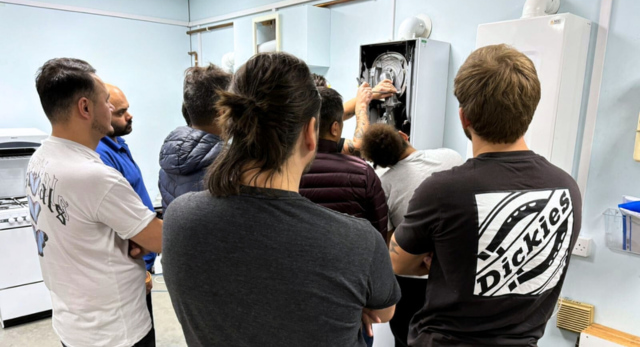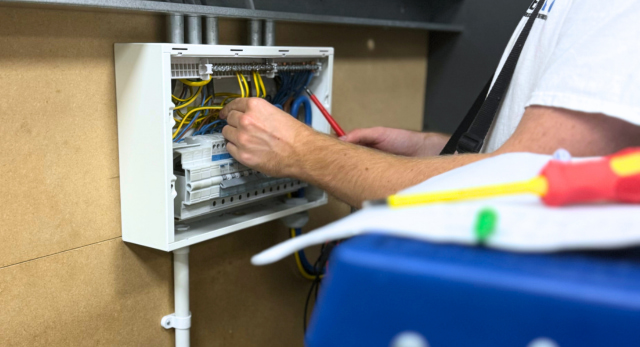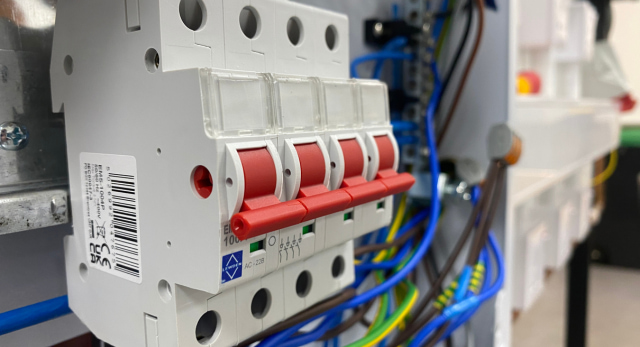Looking to become a gas engineer in the UK? To work legally and safely, you’ll need to hold the ACS CCN1 and CENWAT qualifications and be Gas Safe registered. By completing your training with a trusted provider like Logic4training, you’ll gain hands-on experience, nationwide credibility, and meet all Gas Safe Register requirements, positioning you for top opportunities and customer trust in both domestic and commercial sectors across the UK. This article breaks down every qualification and training route available, so you can start or advance your career with confidence.
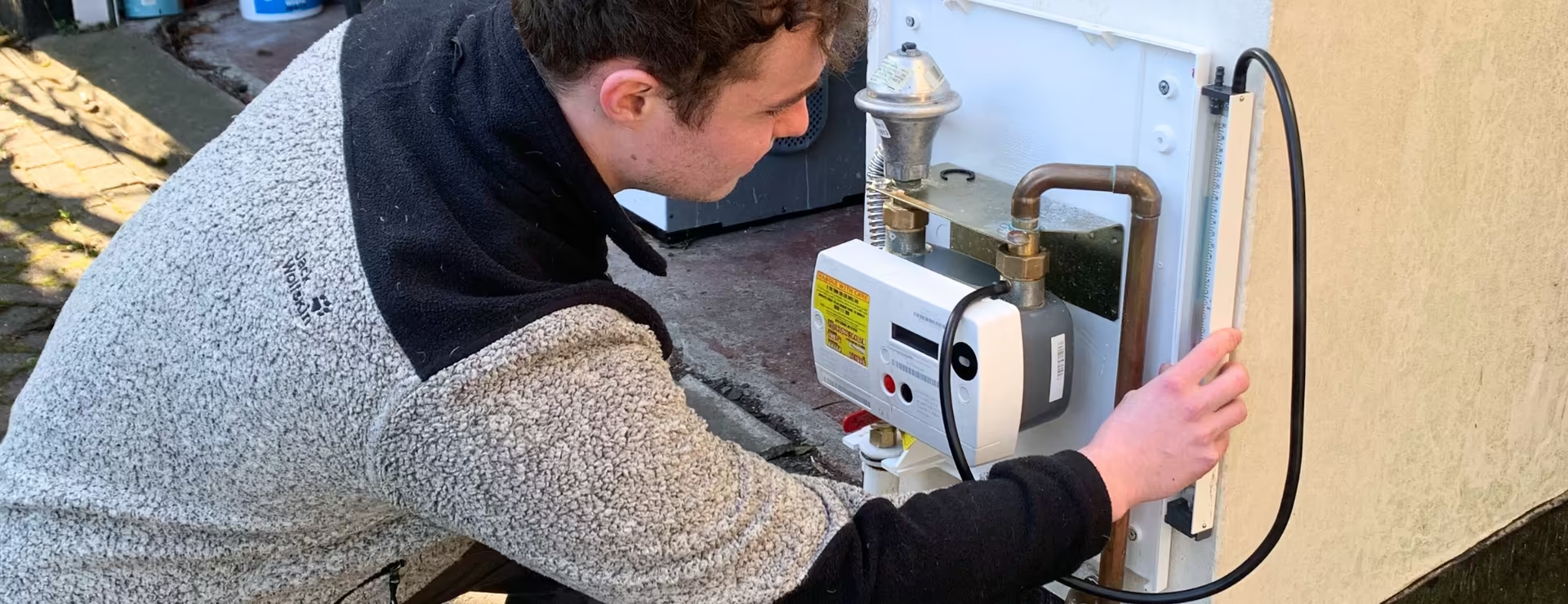
Qualifications for Gas Engineers
To work safely and legally in the industry, you must acquire several key qualifications. These all fall under the ACS umbrella of gas qualifications:
Core Gas Qualifications
-
- CCN1: The core qualification ensuring you understand fundamental gas safety principles.
- CENWAT 1: Certification for working on central heating systems and boilers.
Both of these qualifications can be gained by completing a Domestic Gas Heating Installer Course or an Apprenticeship in Gas. If you have at least 2 years of experience in a related trade (such as plumbing or kitchen fitting), you can complete a Gas Managed Learning Programme (MLP).
Domestic Gas Appliance Qualifications
Once you have helped your CCN1 for 12 months, you will be able to train on specific gas appliances. Many individual appliances have their own qualification. For domestic gas appliances, these include the following:
- CKR1 – Cookers
- HTR1 – Space Heaters (including Gas Fires and Wall Heaters)
- DAH1 – Warm Air Heaters
- MET1 – Meters
- LAU1 – Tumble Dryers
- REGT1 – Medium Pressure Meter Regulators
- LEI1 – Domestic Gas Fired Leisure Equipment (Appliance range: barbecues, greenhouse heaters, refrigerators, gas pokers, gas lighting and patio heaters).
LPG Qualifications
LPG or Liquefied petroleum gas (Also referred to as simply propane or butane) has it’s own set of qualifications.
The core LPG qualification is known as CONGLP1PD. This allows gas engineers to work legally on LPG installations in permanent dwellings. This is a changeover qualification for gas engineers holding another core domestic or commercial gas qualification.
Other LPG qualifications include:
- CONGLP1 LAV – Leisure Accommodation Vehicles
- CONGLP1 RPH – Residential Park Homes
- CONGLP1 B – Boats & Yachts
- CONGLP1 HTRLP2 – Closed Flue Gas Fires (LPG)
Commercial Gas Qualifications
Within the gas industry, there are separate qualifications for domestic and commercial gas engineers. This is due to the scale and complexity of the commercial gas systems. Larger pipes, volumes of gas, as well as complex controls and appliances, therefore, require additional regulations and qualifications.
Commercial qualifications include:
- COCN1 – Core Commercial Gas Safety Course
- CODNCO1 – Changeover Domestic to Commercial
- ICPN1 – Installation First Fix on Commercial Pipework
- CIGA1 – Indirect Fired Commercial Appliances
- CDGA1 – Direct Fired Commercial Appliances
- CORT1 – Overhead Radiant Tube & Radiant Plaque Heaters
- TPCP1a – Tightness Testing & Direct Purging of Pipework not exceeding 1m³ in volume or 6″ in diameter
- CGFE1 – Gas Fuelled Engines Course
- BMP1 – Gas Boosters (Formerly CBHP1)
- MET4 – Diaphragm Gas Meter Course
For more details, visit the commercial gas areas of our site:
It is important to know that all gas qualifications have to be renewed every 5 years.
Entry Requirements: What Do You Need to Start Training?
Regardless of your background, everyone begins with the essentials:
- GCSEs: Most gas courses and apprenticeships require at least 4 or 5 GCSEs (grades 9–4 / A*–C), including English and maths. Science or technology subjects can also give you a head start.
- Age and Right to Work: There is no upper age limit. You must have the legal right to work in the UK.
The industry-recognised route to becoming Gas Safe registered is either to gain an ACS (Accredited Certification Scheme) qualification of competence in their chosen area (domestic gas, commercial gas, commercial catering or metering) which would include a core gas safety element and then the relevant appliances or other modules that reflect the work you will carry out or, a nationally recognised Level 3 Gas Qualification. This is outlined by IGEM in their standards of training in gas work.
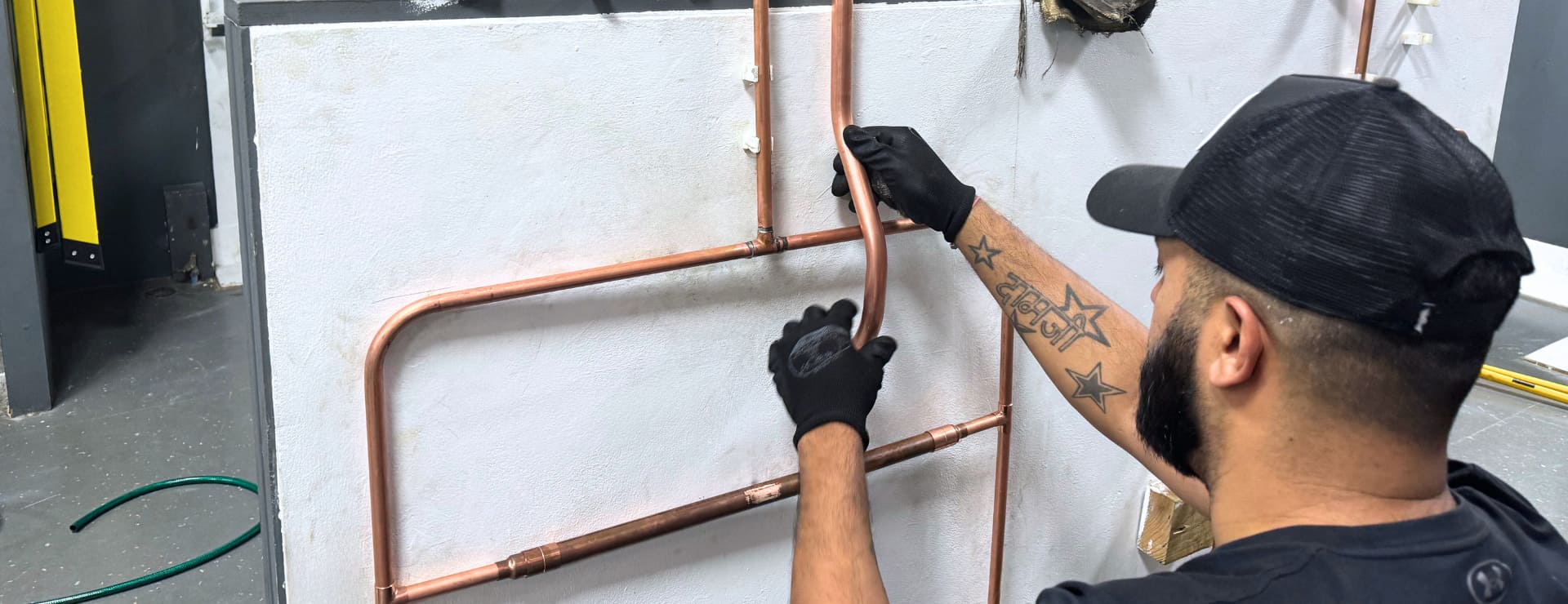
Why Become Gas Safe Registered?
Gas Safe registration is a legal requirement for anyone working with gas appliances and systems in the UK. It’s proof of your competence and your commitment to keeping customers safe. Being registered demonstrates both technical ability and credibility, opening doors to higher-skill roles, better pay and greater job security.
Training pathways: How to become a gas engineer
First, it is important to understand that there are several training options available, each designed to suit different learning needs and prepare you for the ACS gas exams.
- Apprenticeships
- Managed Learning Programmes
- College Courses
If you want to learn more about the training pathways and how long it takes to become a gas engineer.
Factors to consider
Building Your Gas Portfolio
To become qualified as a gas engineer, you will need to build a portfolio of work in-between your training and final assessments. If an individual is undertaking a Managed Learning Programme, this is a mandatory requirement that every gas trainee must complete. You will need to complete and document a set number of jobs that demonstrate your competency as a gas engineer.
For more insights on starting your career journey, visit our page about becoming a gas engineer.
Registering with the Gas Safe Register
Once you have gained your core gas qualifications, you will need to register with the Gas Safe Register. This is a legal requirement in the UK and here are the key steps you’ll need to know:
- Application: Submit your application along with evidence of your qualifications and training.
- Probationary Period: Complete a probationary phase where your competence is verified.
- Competency Inspection: Undergo inspections to ensure you meet safety standards.
- Annual Renewal: Maintain your registration by renewing it each year, ensuring you stay up-to-date with industry best practices.
Help for heating engineers
By choosing to complete an Apprenticeship or a Managed Learning Programme, you not only ensure compliance with industry safety standards but also lay a solid foundation for a rewarding career. Because there are so many relevant qualifications for gas-safe engineers, it can get confusing. At Logic4training, we’re here to help you understand how to become a gas engineer and what qualifications you can gain.
Frequently Asked Questions
How long does it take to become a gas engineer?
It can vary depending on which route you take. You can learn more here.
Do I have to gain my domestic gas qualifications before commercial gas qualifications?
While it’s technically possible to gain your core commercial gas qualification without first obtaining a domestic gas qualification like the CCN1, you must have a minimum of two years’ experience working in the commercial gas industry with a company. For most individuals, the most effective pathway is to first complete your domestic gas qualifications—establishing a solid foundation in gas safety and technical skills—before progressing to your commercial qualification. This approach not only meets industry best practices but also significantly enhances your career prospects in both the domestic and commercial sectors.
What are the benefits of completing a Managed Learning Programme?
Managed Learning Programmes offer a fast-track route to achieving accredited ACS qualifications. They combine theoretical study with hands-on practical assessments whilst ensuring you meet industry safety standards.
What qualifications are required for working with LPG installations?
For gas engineers to work on LPG installations in permanent dwellings, obtaining the CONGLP1PD qualification is essential. This core LPG certification acts as a changeover for those holding domestic or commercial gas qualifications. Additionally, there are specialised LPG certifications for leisure accommodation vehicles, residential park homes, and maritime applications, ensuring comprehensive safety compliance across different environments.
Is ongoing training required after becoming Gas Safe registered?
No, you do not need to carry out extra training courses after becoming Gas Safe registered. You will, however, have to renew your qualifications every 5 years to keep them up-to-date. Additionally, it might be wise to upskill into be able to work on specific gas appliances or expand your skill set into heat pumps so that you can offer you customers extra services and stay competitive.
